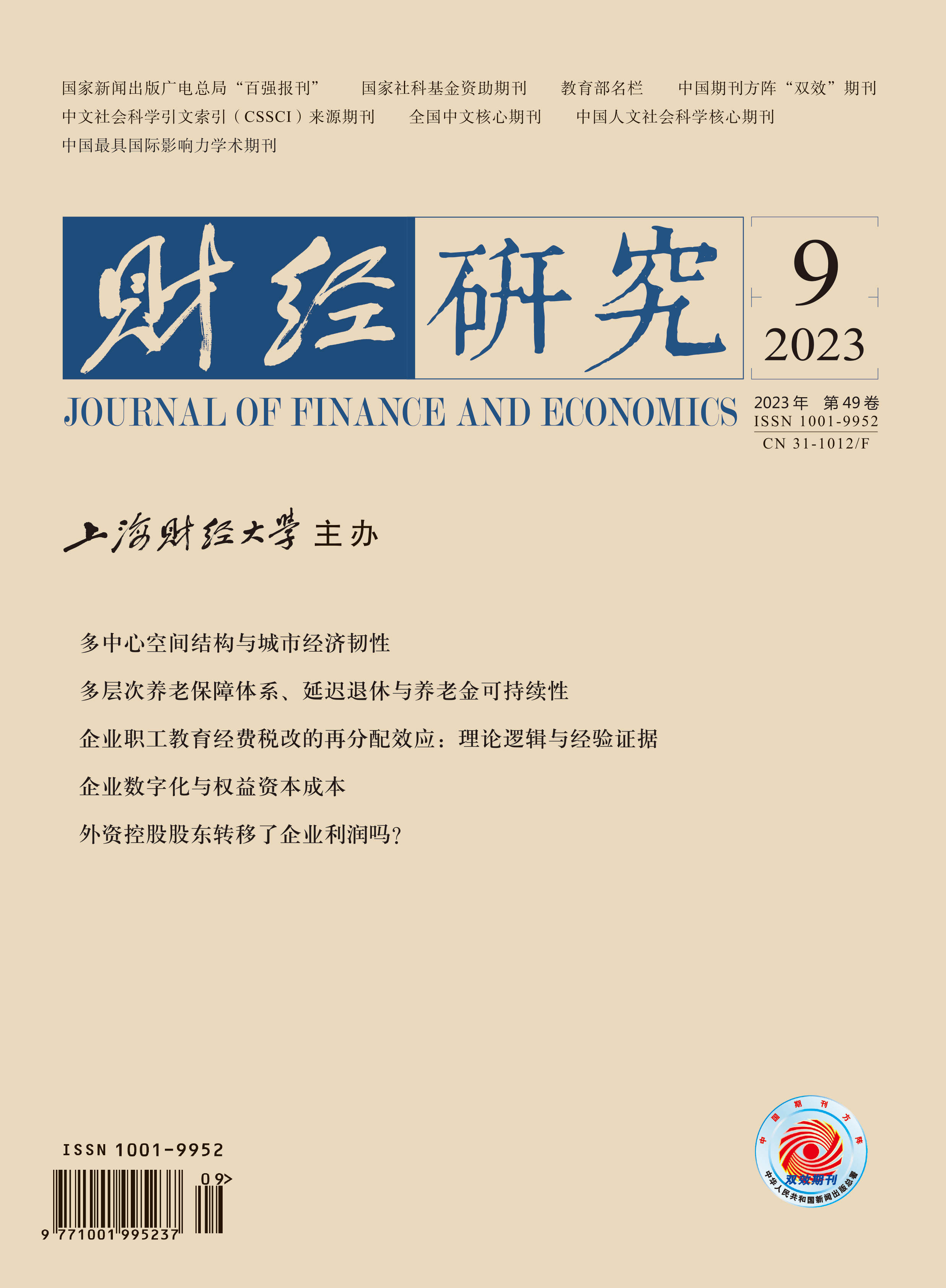Against the backdrop of the reconstruction and innovation of international economic and trade rules, the proposal of “institutional openness” means that China’s support policy for firm internationalization is gradually shifting from policy support to institutional guarantee. This paper analyzes the determinants of firm OFDI based on the three dimensions from the Zhang (2008) framework: internal tensions of multinational firms, external attractions of host countries, and supportive forces from the international environment, and proposes that standard interconnection can serve as an international environmental support for firms to achieve internal integration at the cross-border level. Taking Chinese A-share listed companies from 2008 to 2020 as the sample, this paper investigates the impact and mechanism of standard interconnection on firm OFDI. The research finds that, obtaining ISO certification for firms is significantly positively correlated with the quantity and scope of firm OFDI, and this effect is more significant in state-owned firms and non-high-tech firms. By analyzing the location selection and entry mode of firm OFDI, it is found that obtaining ISO certification can alleviate the negative impact of political risks on firm OFDI, indicating that “soft interconnection” of standards can provide institutional protection for firm OFDI. In addition, it is also found that standard interconnection can effectively promote the construction of the Belt and Road.
The policy implications are as follows: First, ISO certification has a positive promoting effect on firm OFDI, indicating that standard interconnection is needed for building a new development pattern of dual circulation. Second, the heterogeneity analysis of property rights and industry characteristics indicates that standard internationalization is an important lever to enhance the global competitiveness of traditional industries and consolidate the foundation of transformation. Third, it is found that firms certified by ISO are more likely to carry out OFDI in countries along the Belt and Road, verifying the positive role of the Action Plan for Standardization Role in the Belt and Road Initiative by the National Standards Committee.
This paper makes the following contributions: First, from the perspective of risk prevention in foreign investment, it studies how international standard certification affects firm OFDI, expanding the research on the influencing factors of firm OFDI from the perspective of international environmental support. Second, it takes “soft interconnection” of standards as a new type of international environmental support, and explores the impact and mechanism of standard interconnection on firm OFDI using the framework of host country behavior and interests, enriching the research on the economic consequences of standards interconnection from the perspective of firm OFDI. Third, it expands the research on the collaboration effect between different international environmental support, indicating that “soft interconnection” of standards and joint construction of the Belt and Road play a collaborative effect in promoting firm OFDI in China.





 8274
8274  8044
8044

